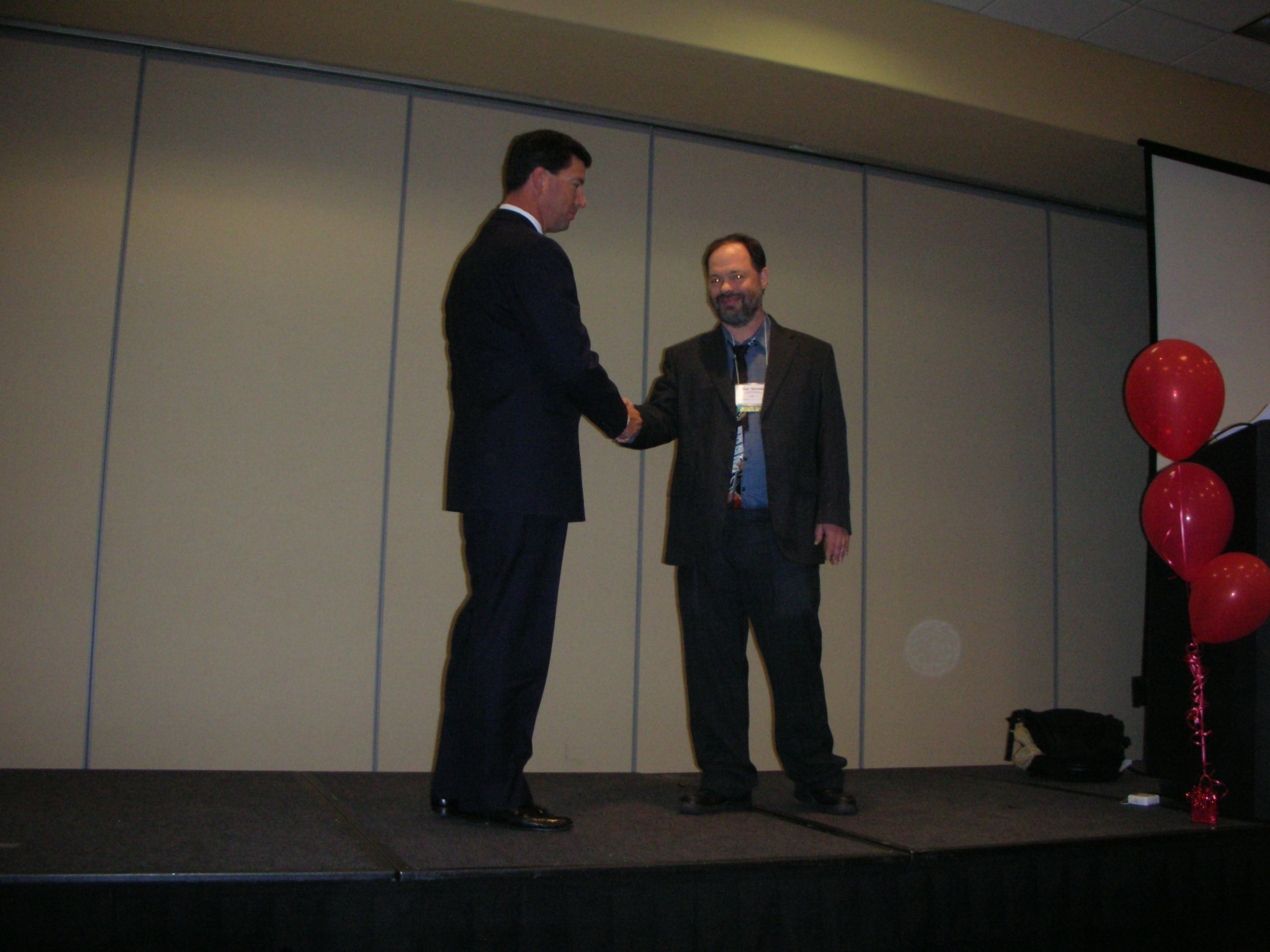94.7 The Globe: Positive Power Spotlight, December 2007
Well, this is certainly different! A Big Media (CBS) radio station that appears to break from the mold.
This station, 94.7 FM, is a long-established classic rock number serving the Washington, DC market. About a year ago, it rebranded–still a classic rock station, but with a very clear focus on environmental issues–and a promise to play music beyond the hits.
What does it mean to have an environmental focus? The station’s press release announcing the February 2,2007 changeover notes,
The Washington D.C. station will operate using renewable energy to power its 50,000 watt signal. This move will contribute to lowering the threat of global warming through the purchase of energy resources generated by wind. Additionally, station vehicles will be replaced with hybrid models, and 94.7 The Globe will further its “green” focus by taking a number of steps on and off-air to consistently promote ways for listeners to live an eco-friendly lifestyle.
In keeping with this new focus, the station website offers quite a bit of Green content, including eco-tips compiled by station staff and also submitted by listeners.
The station’s mission statement doesn’t specifically address environmental issues, but it quite cogently promotes the station as an alternative to the sound-alike hitmakers around the country. It notes the importance of musical diversity, promises that DJs have a voice in the programming (a rarity at many corporate radio chains these days), and insists it will be receptive to listener ideas.
And I know, some may call this “greenwashing”–but I prefer to think that it ight be a laboratory for exporting new ideas into the very, very tired and bland commercial radio band.
There is, after all, quite a bit of precedent for large corporate entities developing product lines that offer more individuality and social consciousness, and integrating some of the best practices corporate-wide. Saturn, to name one example, is a unit of General Motors. And Saturn’s low-pressure buying experience has migrated not just to other units within GM, but across the entire industry.
And like most stations these days, you can listen to it on streaming audio.



